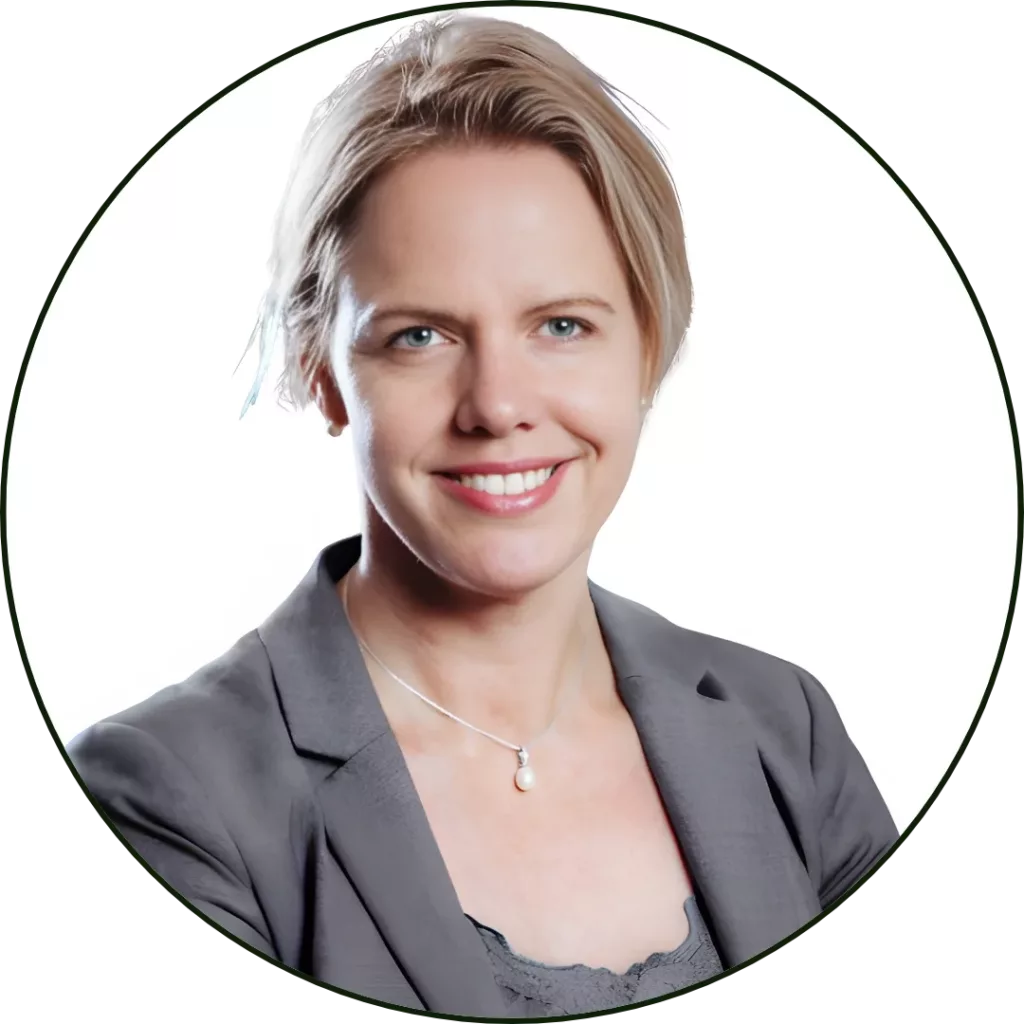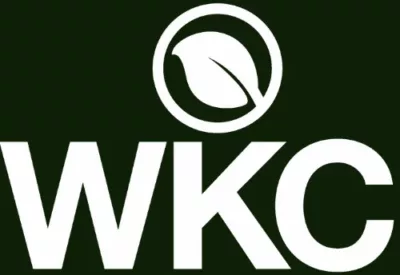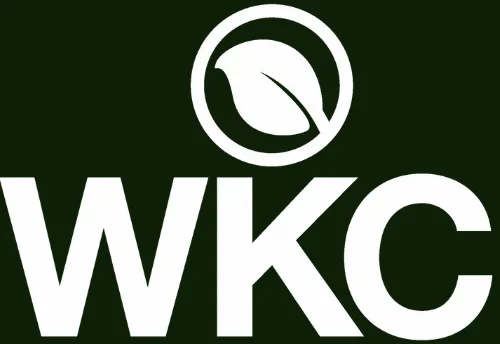What Can You Learn from Early CSRD Sustainability Reporting in Sweden?
After producing a CSRD-compliant sustainability report on behalf of a major transportation logistics company, we ask WKC’s EU Policy and Sustainability Reporting expert, Miriam Márkus-Johansson, what lessons can be learned from her experiences.

Miriam is a Principal Environmental Consultant based in Gothenburg, Sweden.
How did it feel to successfully complete an early CSRD-compliant sustainability report?
This report was produced one year ahead of the mandatory reporting schedule and was among the first sustainability reports in Sweden to use the CSRD standards.
Being the first is never easy! It was new territory and the CSRD and the ancillary directives are several hundreds of pages to plough through and get right. We did pose questions to the European Commission a couple of times to get the interpretation right.
We made sure that we worked closely with the management through the whole process. In the end the client was pleased to have gone through with it and we were very proud of being among the first wave of companies in Sweden with a robust, CSRD-compliant report!
What key lessons did the team learn from the reporting process that could help other companies preparing for their own CSRD obligations?
1. Think strategically, balancing what makes commercial sense with any sustainability-related ambitions. And to be realistic. Make sure that CSRD is not only perceived as ‘red-tape’, but also as an opportunity to look at all aspects of your operations in a different way. I cannot emphasise enough how important it was to have a well thought out Strategy in place before diving into the reporting process.
2. It was important to maintain momentum, avoiding significant breaks in the schedule. Once you have built enthusiasm in the team, don’t let other stresses and demands take over!
3. Do a preliminary Double Materiality Assessment (DMA) early in the process and don’t waste too much time chasing data in fields that will likely turn out to be of little importance.
What areas of data collection and verification were most challenging?
Collecting and processing CO2 data in Scope 3 (upstream and downstream emissions other than those associated with electricity, heating and cooling) was a relatively complex area.
The data required under ‘ESRS E4’ (the European Sustainability Reporting Standard related to biodiversity and ecosystems) was a potentially complex area. However, as this was not a “substantial area” we only incorporated basic data.
The ESRS related to social aspects (ESRS S1-S4) was difficult to scope. We ended up investing time considering the value chain and including as many upstream and downstream steps as possible.
ESRS S2 related to workers in the value chain represented a lot of potential adverse impacts. Affected communities (ESRS S3) were largely impacted positively through the provision of job opportunities with additional protection offered from the diligent rules and guidance pertaining to workers’ physical and mental wellbeing.
ESRS 2 on general disclosure requirements and ESRS G:1 on business conduct were somewhat overlapping, and so particular attention was required to make sure these areas were addressed efficiently.
What feedback did the team receive, internally and externally, on their voluntary CSRD report?
Feedback was received as early on as our Double Materiality Assessment (DMA) and Impacts, Risks and Opportunity (IRO) workshops; those participating all showed great commitment to and pride in their sustainability work.
We received constructive feedback from management which resulted in us shortening the report; the result was a report that was easier to follow, while still catering to the values and interests of the client and their value chain.
When the report was finalised, roughly 4 months after having started the CSRD process, management gave extremely positive feedback.
Which companies should be considering starting their CSRD journey, and what practical steps should they take to ensure a smooth and efficient process?
For smaller companies, including those who, according to the EU Omnibus legislation, would fall outside of CSRD standard, the advice would be to talk about sustainability issues and goals with all levels of management.
Talk seriously about refining an existing, or producing your first, Sustainability Strategy, to help articulate where you are on your company’s sustainability journey.
A well-crafted strategy should also allow you to monitor and adapt to the rapidly evolving regulatory environment.
If you are starting to get questions about your sustainability strategy by customers, staff, candidates, suppliers or any other stakeholders, consider doing a sustainability report according to the VSME standard. It is a straightforward standard that is relatively easy to report on. Thus, providing value both internally and externally with more data made accessible to your clients and suppliers. The VSME standard is likely to become much more widespread in the future, potentially acting as a valuable ‘shield’ from extensive data requests for those caught up in the more burdensome obligations of larger corporations within your value chain.
For larger companies, doing a DMA, IRO and Gap Analysis gives you ‘new eyes’ on the business. The process can help you benchmark yourself against the competition, innovate new services and products, optimise processes and identify tangible improvements that you can take internally and/ or together with your customers and suppliers.
Does your company have environmental or social impacts? The CSRD process can provide a good framework to address those risks which, if left unchecked, can tarnish your reputation and may also be identified by those companies in your value chain that already report according to CSRD.
Spend sufficient time carrying out a stakeholder assessment with concise and simple questionnaires sent widely internally and externally. Also carry out in-depth interviews with key clients and other stakeholders. In our experience, there is a real appetite to tackle certain sector bottlenecks collectively, and those taking the initiative to conduct such interviews are seen extremely positively. If done correctly, these interviews are true gems!
Any other final remarks for those who are currently working with sustainability reporting within their companies?
If you are feeling confused or anxious about what lies ahead, don’t worry, you are not alone! We have seen from first-hand experience there is real value to be gained from embarking on your sustainability reporting journey. And as an EU policy expert can recommend that you focus on finding a way to consistently keep track of the latest environmental and sustainability regulatory changes that apply to your company.
Becoming familiar with the legislative landscape will not only give you reassurance from a compliance point of view but also provide useful frameworks upon which to base your sustainability work.
And finally, reach out, make connections, join a community; we are all on this journey together, and there is plenty of help available out there!
Contact Miriam Márkus-Johansson, our EU Policy and Sustainability expert, to see how WKC can support your sustainability reporting goals.


